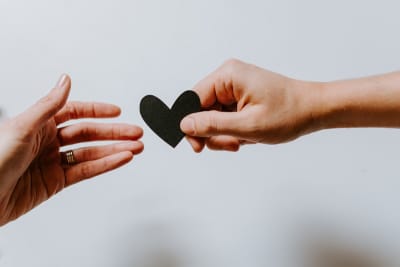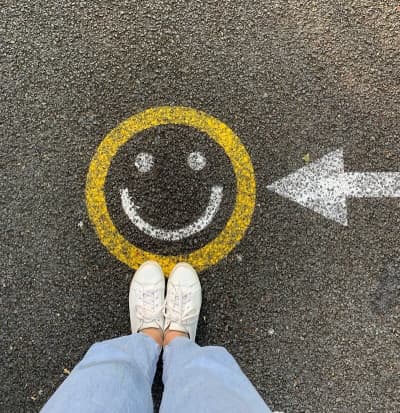A couple of weeks ago my sister in law broke her ankle.
Naturally, we were all very sorry for her. I empathised particularly: some of you may remember that I broke my ankle in February 2016; I would not wish it on anyone.
I texted my brother. Not my sister-in-law, because I remembered all too well how completely out of it on painkillers I was when I was in her position, but my brother; I knew he would be picking up the pieces.
"Tell me how I can help!" I said. "Can I cook some meals for you and bring them round? Do you need the children taken anywhere?"
He was grateful for my offer of help and asked me if I would pick up his daughter from the school bus one evening when he had a meeting and couldn't get back. In the end, he did get back in time and so my taxi service was not required. I felt almost disappointed: I would have liked to have helped.
They were inundated with offers of help. We humans are hardwired to offer help when disaster strikes – even for such a minor disaster as a broken ankle. (Just saying – when you're lying on the sofa with your leg elevated, unable to do more than use your crutches to get to the toilet – it doesn't seem so minor!)
When disaster strikes, we are automatically prompted to help; it's as if we're hardwired to do so. We really want to help and are distressed when it seems there is nothing we can do. So many of us are upset that we can do nothing for the victims of the fires in Australia. We are too far away to do anything but send money and prayers, and that hurts us deep inside.
When we have more long-term challenges, offers of help may be less forthcoming but they are still there, especially if we ask.
How do we react when we are the ones in need and others offer help?
I suggest that we are reluctant to take up those offers. We don't want to put anybody out. We don't want to be a nuisance. We do not want to appear "needy".
Yet, if we can offer help, we are hurt when that help is refused.
Community is based on give and take. It makes us feel good when we can give but we should also practice being gracious receivers as well as generous givers. We should practise asking for help.
In the depths of depression, in the belly of the great grey beast, we may not even be able to formulate that cry for help: everything is numb; we cannot even think of anything that could help.
So, the time to ask is when we are well – knowing (sadly) we will be ill again. Let people know what they can do for us when we are ill.
We would do it for others; let them do it for us.
Mary
A Moodscope member.


Comments
You need to be Logged In and a Moodscope Subscriber to Comment and Read Comments